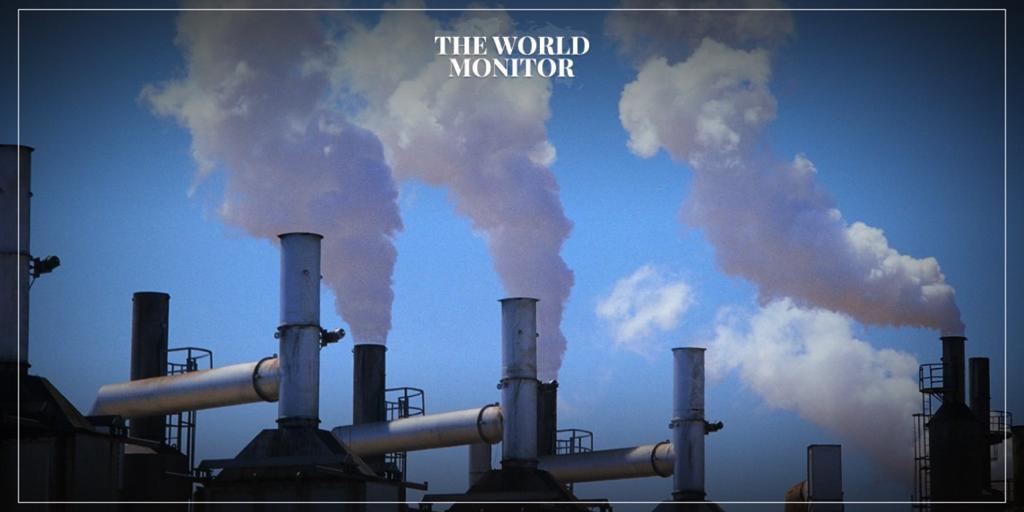The European Union unveiled the initial phase of the world’s first system for imposing tariffs on carbon dioxide emissions resulting from imports of steel, cement, and other goods on Sunday.
The bloc will not begin collecting any carbon emissions fees at its borders until 2026.
Nevertheless, today marks the beginning of the initial phase of the carbon border adjustment mechanism, requiring importers into the EU to report greenhouse gases emitted during the production of imported quantities of iron, steel, aluminum, cement, electricity, fertilizers, and hydrogen.
Starting from 2026, importers will need to purchase certificates to cover these emissions, placing foreign producers on an equal footing with European industries, which must, in turn, buy permits from the Union’s carbon market when they pollute.
Paulo Gentiloni, the European Commissioner for Economy, stated that the goal is to encourage the global transition to environmentally friendly production and prevent European manufacturers from relocating to countries with lower environmental standards.






